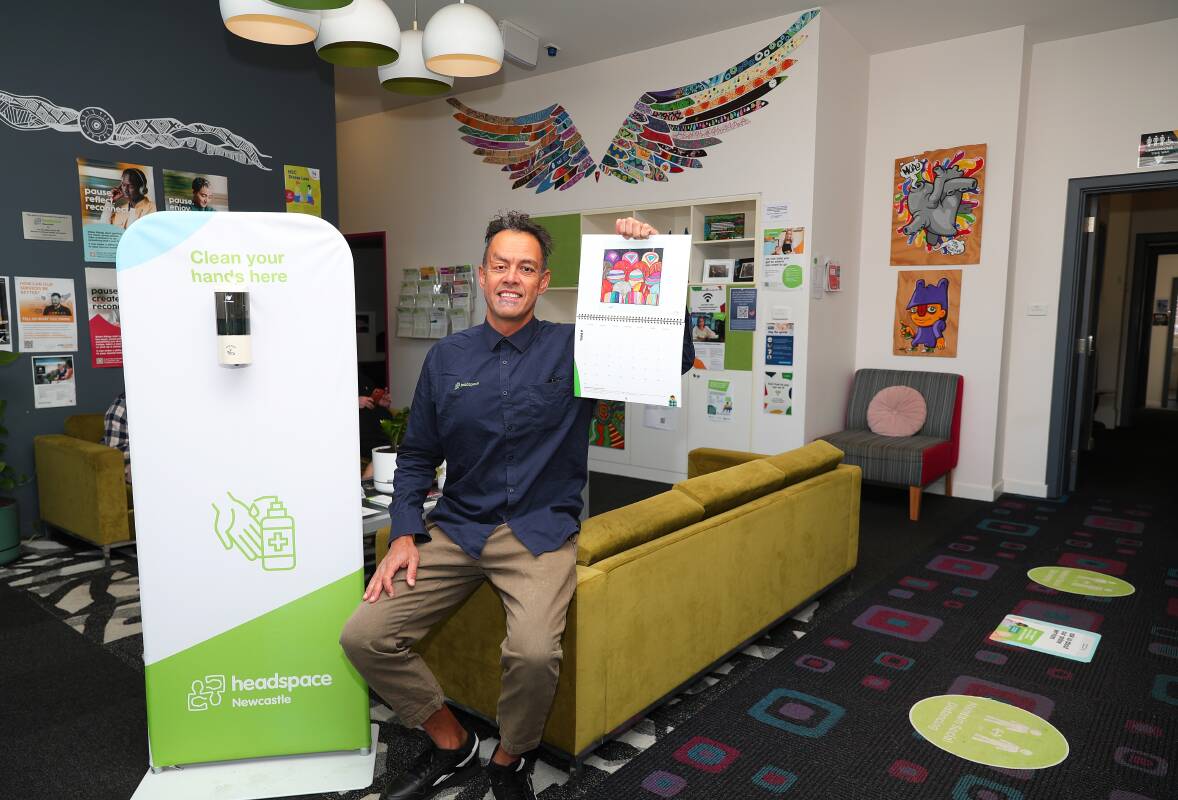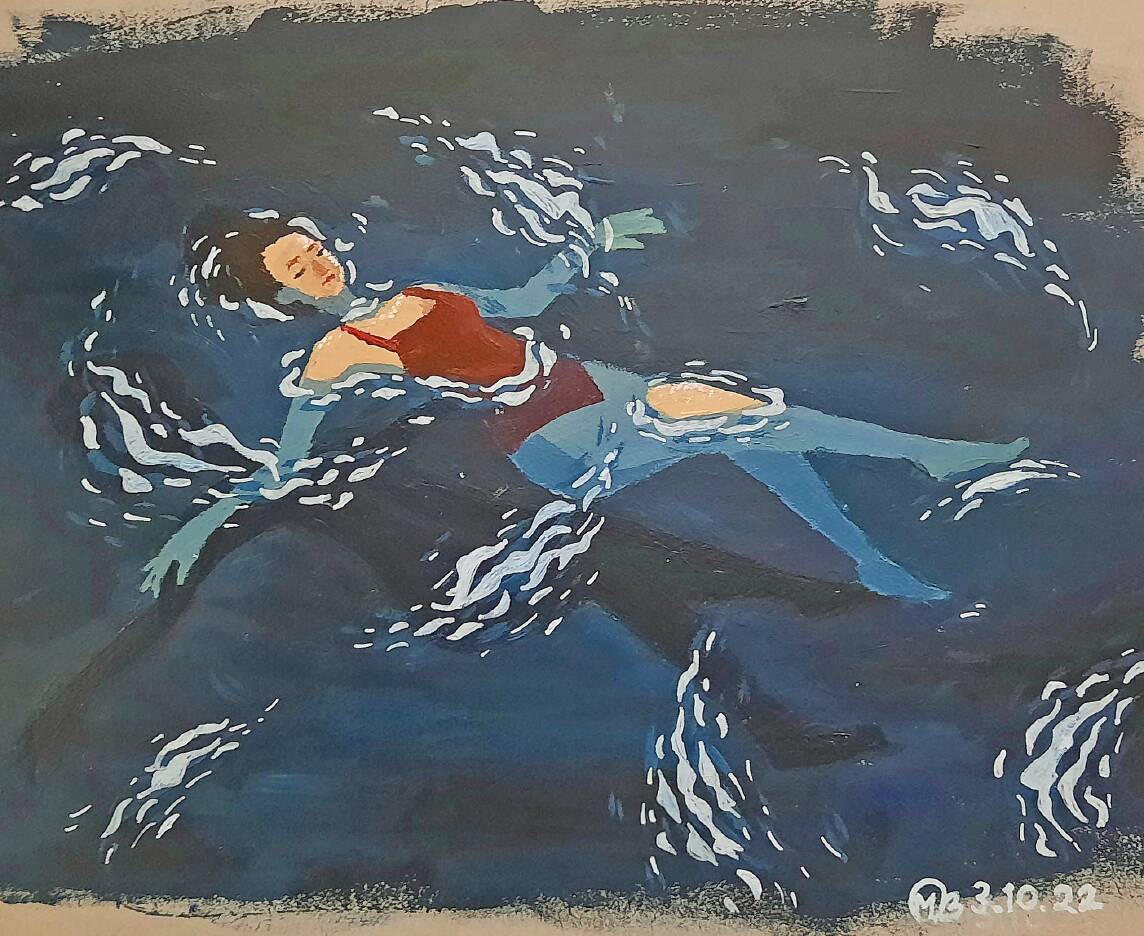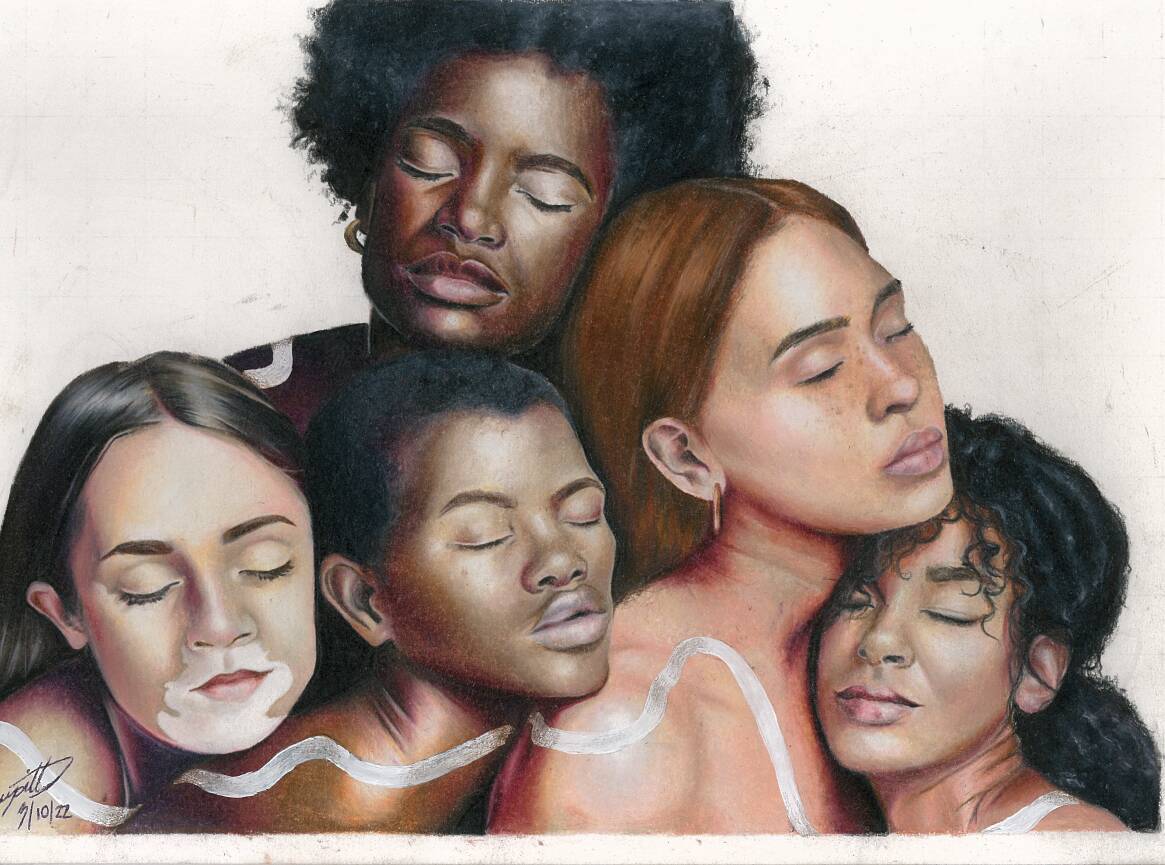




Strong links between social exclusion and poor mental health have been revealed in a big study of young people, prompting calls for a national trial of "social prescribing".
"When a young person is not travelling so well, they've often lost connection," Headspace Newcastle community development worker Byron Williams said.
Mr Williams was responding to an Orygen and Mission Australia study, released on Thursday, which surveyed 18,800 people aged 15 to 19 and found 60 per cent experienced social exclusion in the last 12 months.
The problem was linked to struggling to fit in, financial hardship, housing challenges and education/employment issues.
"That study definitely highlights something that we see coming through Headspace Newcastle," said Mr Williams, a community development worker.
Mission Australia executive Marion Bennett said the report "shows clearly that when young people are socially excluded, their mental health suffers".
"And the more ways in which they are excluded, the worse it gets," she said.
Social isolation troubles were found to lead to "loneliness and high psychological distress".
Dr Kate Filia, a senior research fellow at Orygen, said "experiences such as loneliness can have lasting effects on things like academic achievement, cognitive functioning, physical health, social functioning and mental health".
"The impacts can last a lifetime," she said.
The results prompted Orygen and Mission Australia to recommend school interventions and early screening to "identify young people at risk of social exclusion" and free programs to improve the situation.
A national trial of "social prescribing" for those affected was also recommended.
Mr Williams said his Newcastle role involved fostering new social connections through activities such as "art, music or surfing - lots of different things".
"Having more than one connection is really important. So if a young person falls out with their mates at school, they've still got their art group or sport or whatever it may be."
Headspace Newcastle this week called for submissions for its 2024 calendar, with the theme "chill".
"Chill was run through our youth reference group. It's a word that sums it up, a word that most generations understand. To take some time," he said.
"This year we want something beautiful and calming to hang on the walls."
Headspace released a national campaign this week, titled "The Unachievys".
"It's looking at unrealistic or impossible expectations with young people and trying to take the pressure off them," Mr Williams said.
The campaign highlights the expectations many young people feel from families, schools, workplaces, social media and themselves.
"We're doing a lot of work with year 12s at the moment. There's a lot of expectation placed on young people towards the end of their schooling life," he said.
This can relate to HSC marks and considering courses to take after school.
Social media is a continual topic of concern.
"Obviously we see people putting their best lives up on Instagram and Snapchat," he said.
"That can create unrealistic expectations for young people because their lives aren't looking like their influencers' lives."
Mr Williams said students moving from year 6 to 7 also faced a challenging time.
"It's a whole new game in working out those new social networks," he said.
"That's when we can see those instances of bullying and unhealthy relationships. That can be based on social capital and the need to be accepted."







